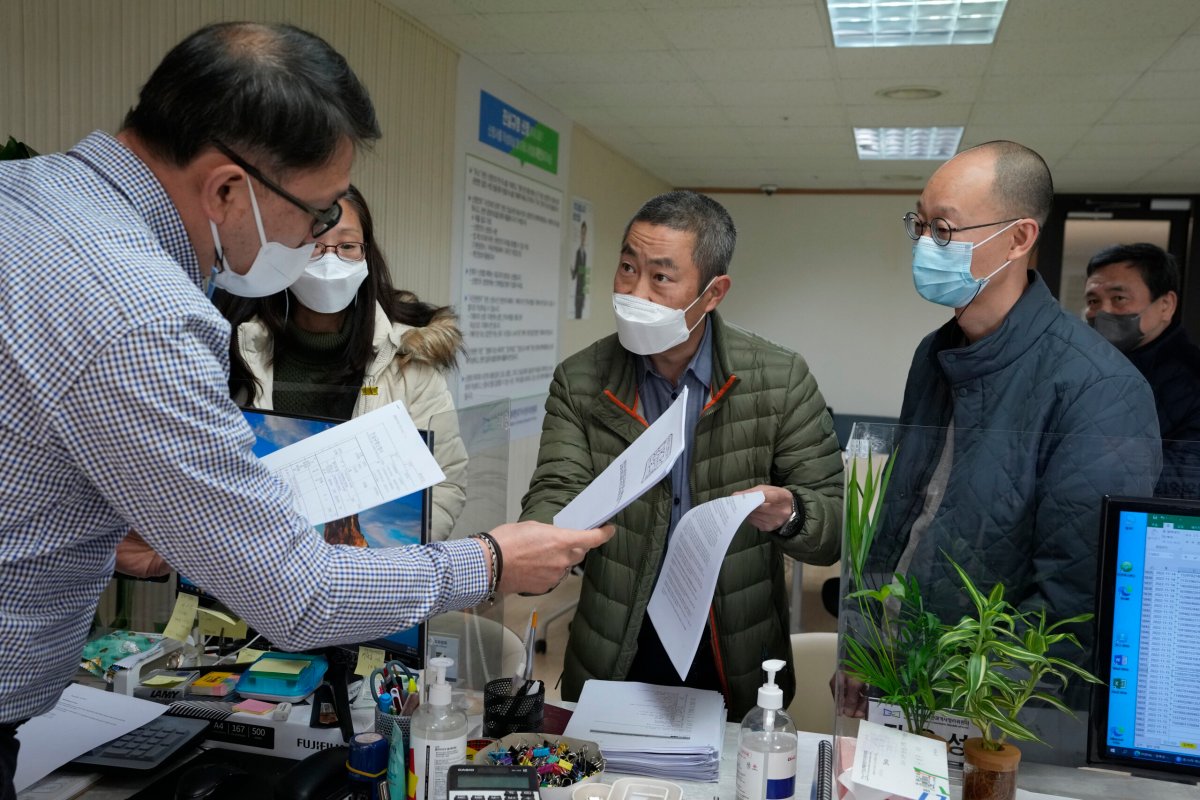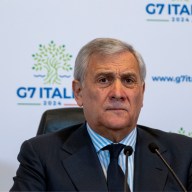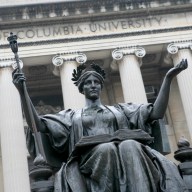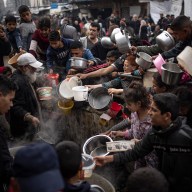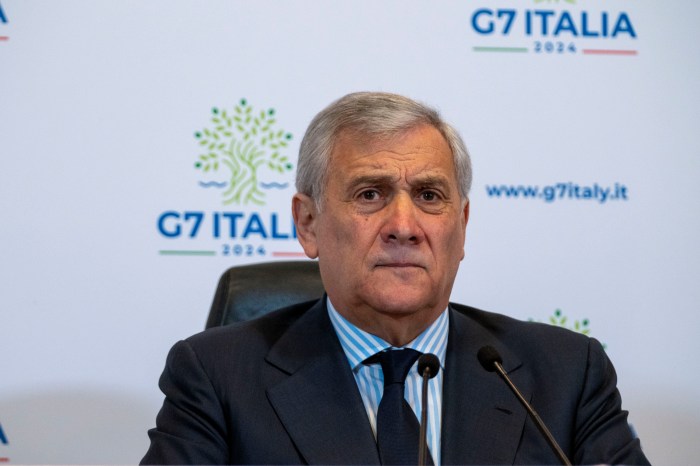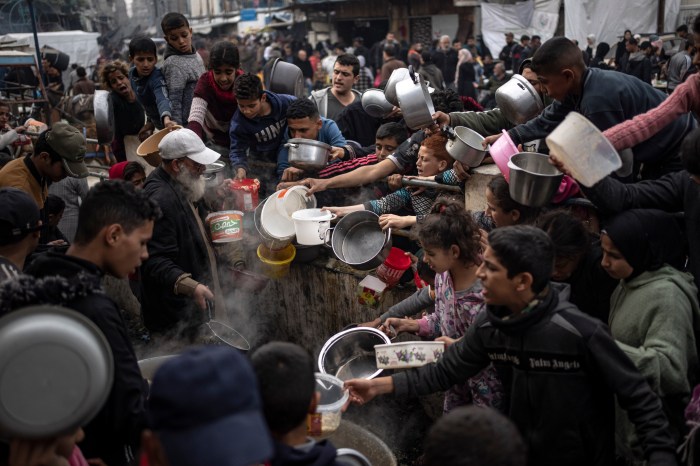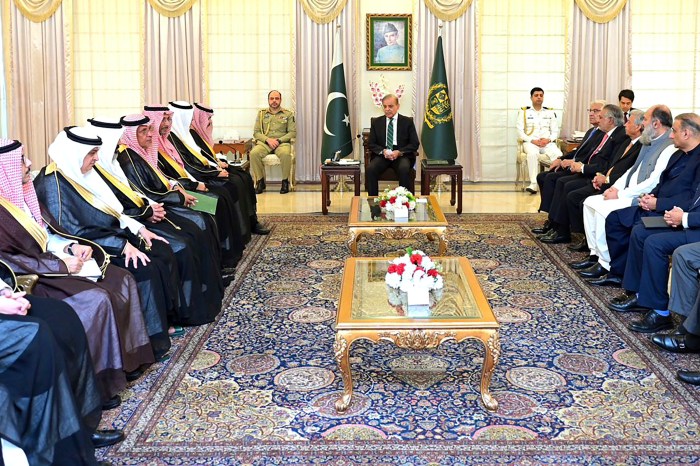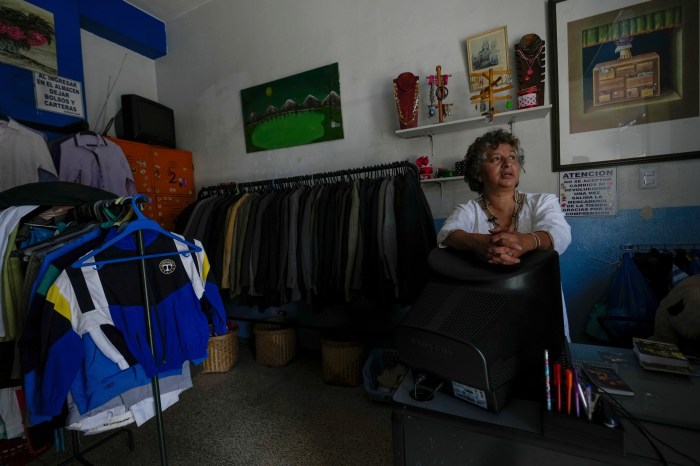SEOUL, South Korea (AP) — South Korea’s Truth and Reconciliation Commission will investigate the cases of dozens of South Korean adoptees in Europe and the United States who suspect their origins were falsified or obscured during a child export frenzy in the mid- to late-1900s.
The decision Thursday opens what could be South Korea’s most far-reaching inquiry into foreign adoptions yet, after frustration over broken family connections and laundered child statuses and identities grew and demanded government attention.
The adopted South Koreans are believed to be the world’s largest diaspora of adoptees. In the past six decades, about 200,000 South Koreans — mostly girls — were adopted overseas. Most were placed with white parents in the United States and Europe during the 1970s and ′80s.
After a meeting Tuesday, the commission decided to investigate 34 adoptees who were sent to Denmark, Norway, the Netherlands, Germany, Belgium, and the United States from the 1960s to the early 1990s. The adoptees say they were wrongfully removed from their families through falsified documents and corrupt practices.
They were among the 51 adoptees who first submitted their applications to the commission in August through the Danish Korean Rights Group, led by adoptee attorney Peter Møller. The applications filed by Møller’s group have since grown to over 300, and dozens of adoptees from Sweden and Australia are also expected to file applications on Friday, which is the commission’s deadline for investigation requests, Møller said.
Any findings by the commission could be used by adoptees to sue the adoption agencies or the government for damages.
The investigation will likely expand over the next few months as the commission reviews whether to accept the applications submitted after August. Cases that are seen as similar will likely be fused to speed up the investigations, commission official Park Young-il said.
The commission said its decision to investigate the 34 cases came after it confirmed through records that the adoptees were sent to the West through manipulated records that falsely described them as orphans despite the existence of biological parents, or faked their identities by borrowing the details of a third person.
The commission said it also took into account a 2021 investigation by the Dutch government on foreign adoptions to the Netherlands, which then concluded that adoptions from South Korea and other origin states involved major human rights infringements of children and their birth parents.
Adoptees are also calling for a full opening of their records and have asked South Korea’s government to prevent any destruction or altercation of documents kept by the country’s four adoption agencies.
The applications cite a broad range of grievances that allege carelessness and a lack of due diligence in the removal of scores of children from their families amid loose government monitoring.
During that time, the country was ruled by a succession of military leaders who saw adoptions as a way to deepen ties with the democratic West while reducing the number of mouths to feed and removing the socially undesirable. Those procured for adoptions during the 1970s and ’80s were mostly children of poor families who ended up in orphanages and those of unwed mothers pressured into relinquishing their newborns at hospitals. South Korea’s special adoption law allowed profit-driven agencies to manipulate records and bypass proper child relinquishment.
Most of the South Korean adoptees sent abroad were registered by agencies as legal orphans found abandoned on the streets, a designation that made the adoption process quicker and easier. But many of the so-called orphans had relatives who could be easily identified and found.
Some of the adoptees say they discovered that the agencies had switched their identities to replace other children who died or got too sick to travel, which often made it impossible to trace their roots.
The adoptees called for the commission to broadly investigate agencies for records falsification and manipulation and for allegedly proceeding with adoptions without the proper consent of birth parents.
They want the commission to establish whether the government was responsible for the corrupt practices and whether adoptions were fueled by increasingly larger payments and donations from adoptive parents that could have motivated agencies to create their own supply.
The 34 adoptees whose cases were accepted by the commission had been placed through Holt Children’s Services and the Korea Social Service. The commission’s investigation would eventually include the Eastern Social Welfare Society and Korea Welfare Services if it accepts the cases expected to be submitted Friday by adoptees in Australia and Sweden.
The agencies didn’t immediately issue any comments on the commission’s decision to investigate foreign adoptions.
South Korea’s government has never acknowledged responsibility over the human rights problems surrounding its foreign adoptions, which have long been portrayed as a welfare response to desperate children in need of a family.
But government and diplomatic records obtained by The Associated Press indicate that officials knew that most of the children being sent abroad weren’t really orphans.
Multiple records describing policy meetings between Health Ministry officials and agency representatives in the 1980s show that officials were aware that the country’s adoption system was exposing children to the risk of trafficking. However, the government didn’t employ meaningful measures to eliminate what officials described as “intake problems,” including payments agencies provided to hospitals and orphanages for the children they collected.
The special adoption law revised during the 1970s granted the heads of agencies extensive guardianship rights, including the ability to place children with foreign parents without the supervision of courts.
The adoption law is still in place but in 2013, South Korea’s government began requiring foreign adoptions to go through family courts, ending a decadeslong policy of allowing private agencies to dictate child relinquishments, transfer of custodies and emigration.

